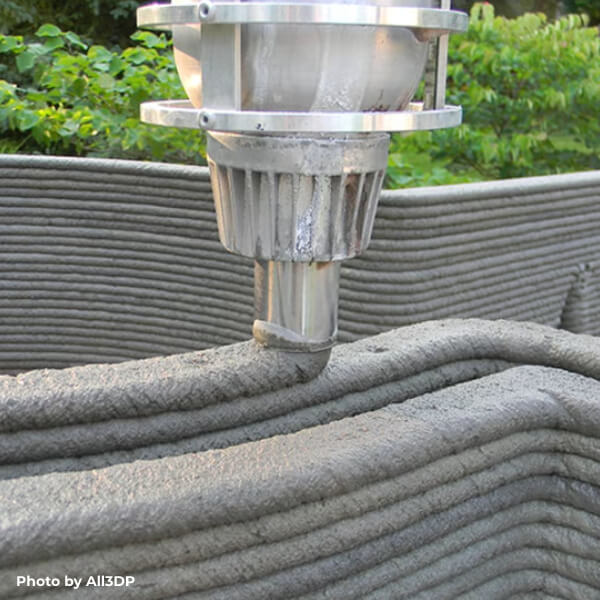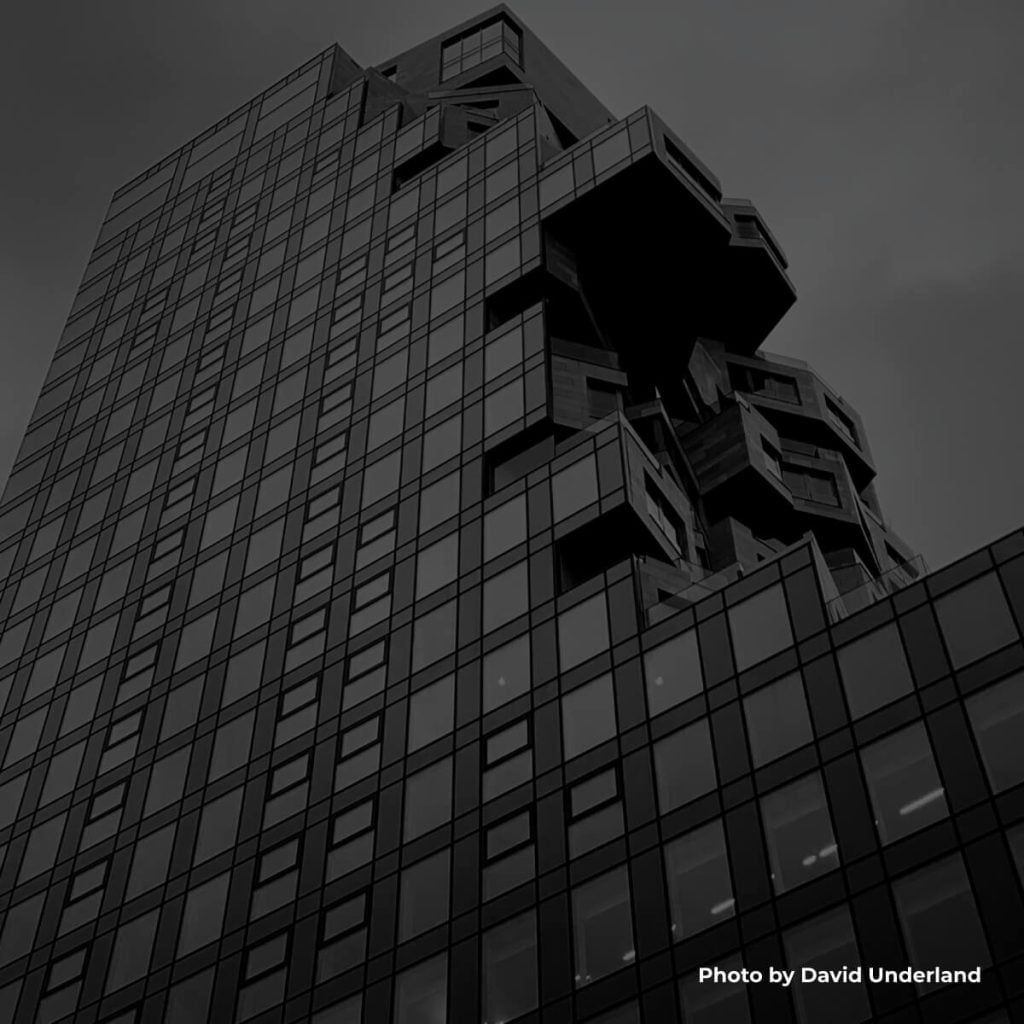

Builders and developers are turning more frequently to 3D home building as a means of producing disaster-resistant structures as natural disasters and extreme weather events become more frequent and severe. Before construction even starts, 3D technology enables the creation of extremely accurate and detailed digital models of buildings, which can be used to optimize the building's design for maximum resilience and durability in the face of disasters.
By incorporating cutting-edge materials and systems into the design, 3D home construction can be used to build structures that are resistant to disasters. Builders and developers, for instance, can test out various insulation, roofing, and foundation systems that are made to withstand strong winds, torrential rain, and other severe weather conditions using 3D models. A building's overall stability and resistance to earthquakes, hurricanes, and other natural disasters can be improved by using advanced structural components like reinforced concrete walls or steel beams, which can be designed and installed using 3D technology.
The ability to optimize the building's layout and orientation for maximum resilience is another advantage of 3D home construction for disaster-resistant architecture. For instance, builders and developers can make design adjustments based on their analysis of the potential effects of various weather patterns and disasters on the building using digital models. For instance, they might decide to design the structure with large overhangs or other features that can shield it from strong winds or rain, or they might decide to orient the building in a way that maximizes the use of natural light and ventilation.
The creation of virtual simulations of construction sites using 3D technology can help workers practice and rehearse tasks before carrying them out on site, in addition to designing and constructing disaster-resistant homes. This can lessen the possibility of workplace accidents and injuries, particularly in scenarios where the site may be exposed to hazardous conditions or extreme weather.
Overall, the ability to incorporate cutting-edge materials and systems, optimize the building's layout and orientation for maximum resilience, and enhance safety on the construction site are just a few of the advantages of 3D home building for disaster-resistant construction. Future building construction of disaster-resistant structures is likely to involve an increasing amount of 3D technology as it develops.

Author, Serial Entrepreneur, Ph.D. Candidate in 3D Printing Construction, Ted Talk Speaker, Consultant & Mastermind Group Creator. And a Trumpeter.
Reynaldo Santana is a former tech executive with 10+ years experience working from corporate, to small-medium businesses, to non-profits and start-ups. He has created, led and managed teams worldwide. Santana is now a serial entrepreneur himself, investor, speaker, philanthropist, author and on a mission to impact 1 Billion lives by using what he has learned along his journey. In addition, Reynaldo serves as President to a non-profit he founded named ESG Housing Inc, where his mission is to build world-wide affordable, sustainable, self-sufficient communities protected from future pandemics, including a tenant/landlord protection fund to protect them from financial risks.


1717 N Street NW, Suite 1, Washington, DC 20036
Copyright © 2023 Digital Builders Association | Powered by WealthSpring® Media | All Rights Reserved.
DBA is a 501(c)3 nonprofit corporation.